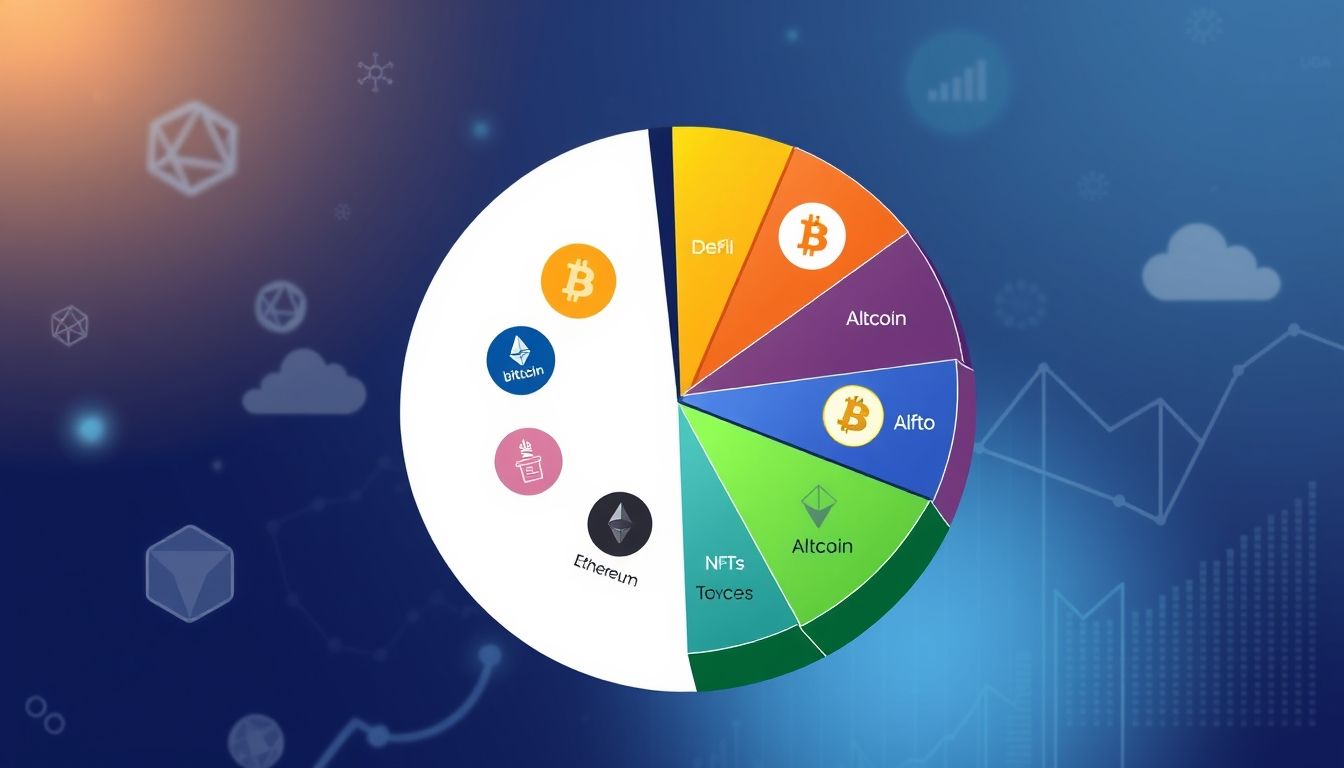Balancing Innovation and Protection: Challenges and Opportunities of Cryptocurrency Regulation in the Gulf
The Gulf Cooperation Council (GCC) countries are experiencing rapid digital transformation, with cryptocurrencies emerging as a prominent feature of this shift. As interest in these currencies grows, so does the need for effective government regulation that balances fostering innovation and protecting investors. This article aims to explore the challenges and opportunities facing the Gulf countries in regulating cryptocurrencies, focusing on global best practices and potential solutions.
Chapter 1: Overview of the Cryptocurrency Market in the Gulf
The cryptocurrency market in the Gulf countries is experiencing significant growth, driven by factors such as high internet and smartphone penetration rates, increasing interest in investing in digital assets, and governments' desire to adopt modern technologies. However, this market faces challenges such as high price volatility, security risks, and lack of public awareness.
- Statistics: Estimates suggest that the trading volume of cryptocurrencies in the Gulf countries exceeded [Insert Estimated Value] USD in 2023.
- Examples: Cryptocurrency trading platforms such as [Platform Name] and [Another Platform Name] are very popular in the region.
Chapter 2: Motivations for Government Regulation of Cryptocurrencies
The motivations behind the efforts of governments in the Gulf countries to regulate cryptocurrencies are varied and include:
- Investor Protection: Reducing fraud and scams, and ensuring that investors have sufficient information to make informed decisions.
- Combating Money Laundering and Terrorist Financing: Preventing the use of cryptocurrencies in illegal activities.
- Maintaining Financial Stability: Preventing cryptocurrencies from threatening the traditional financial system.
- Encouraging Innovation: Providing a clear and stable regulatory environment that supports the growth of startups in the cryptocurrency field.
Chapter 3: Challenges Facing Regulation
The Gulf countries face a number of challenges in regulating cryptocurrencies, including:
- Technical Complexity: Cryptocurrencies require a deep understanding of the technologies used, such as blockchain and cryptography.
- Cross-Border Nature: It is difficult to regulate cryptocurrencies that are traded across national borders.
- Lack of Expertise: Governments need to develop the necessary expertise to regulate this new field.
- Balancing Innovation and Protection: Regulation must encourage innovation without sacrificing investor protection.
Chapter 4: Global Regulatory Models
Countries around the world adopt different regulatory models for cryptocurrencies, including:
- The Laissez-Faire Approach: Allowing the trading of cryptocurrencies without significant restrictions, focusing on providing information to investors. (Example: Switzerland)
- The Cautious Approach: Imposing strict restrictions on the trading of cryptocurrencies, focusing on protecting investors and preventing money laundering. (Example: China)
- The Gradual Approach: Adopting gradual regulation of cryptocurrencies, starting with experimenting with limited-scope regulatory models. (Example: Singapore)
Chapter 5: Efforts of Gulf Countries in Regulating Cryptocurrencies
The Gulf countries are making increasing efforts to regulate cryptocurrencies, including:
- Issuing New Laws and Regulations: Aiming to regulate the trading of cryptocurrencies and prevent money laundering.
- Establishing Regulatory Bodies: Taking responsibility for overseeing the cryptocurrency market.
- Regional and International Cooperation: Exchanging information and experiences with other countries to develop effective regulation.
Example: [Gulf Country Name] issued a new law to regulate cryptocurrencies in [Year].
Chapter 6: Opportunities Available to the Gulf Countries
Regulating cryptocurrencies offers significant opportunities for the Gulf countries, including:
- Attracting Investments: Clear and stable regulation can attract significant investments in the cryptocurrency field.
- Promoting Innovation: Regulation can encourage startups to develop new solutions based on cryptocurrencies.
- Improving Financial Efficiency: Cryptocurrencies can help simplify financial transactions and reduce costs.
Chapter 7: Potential Risks and Future Challenges
Despite the opportunities available, the Gulf countries must be aware of potential risks and future challenges, including:
- High Price Volatility: Can lead to significant losses for investors.
- Security Risks: Cryptocurrencies can be subject to theft or hacking.
- Rapid Technological Developments: Require governments to keep pace with technological developments and continuously update regulations.
Chapter 8: The Role of Financial Technology (FinTech)
Financial technology (FinTech) plays a crucial role in developing the cryptocurrency market in the Gulf countries. FinTech companies can help provide innovative solutions for trading and managing cryptocurrencies, as well as developing new technologies to enhance security and transparency.
Example: [FinTech Company Name] offers advanced solutions for trading cryptocurrencies in the region.
Chapter 9: Recommendations for Policymakers in the Gulf Countries
To maximize the benefits of cryptocurrencies while minimizing risks, policymakers in the Gulf countries should consider the following recommendations:
- Develop a Clear National Strategy: Defines the objectives and policies related to cryptocurrencies.
- Develop Flexible and Adaptable Regulation: Allows for innovation while protecting investors.
- Invest in Education and Awareness: To increase public awareness of the risks and benefits of cryptocurrencies.
- Cooperate with the Private Sector: To benefit from the expertise of companies specializing in the cryptocurrency field.
Chapter 10: The Future of Cryptocurrencies in the Gulf
The cryptocurrency market is expected to continue to grow in the Gulf countries in the coming years. With effective regulation and cooperation between the public and private sectors, the Gulf countries can become a leading hub for innovation in the cryptocurrency field.
"Smart regulation is key to balancing innovation and protection in the cryptocurrency field."




